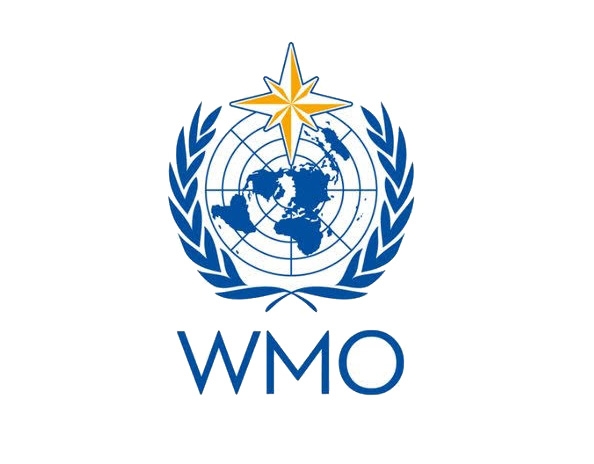WMO (World Meteorological Organization): Advancing Weather, Climate, and Hydrological Services

Weather and climate play a significant role in our daily lives, impacting various sectors such as agriculture, transportation, and disaster management. The World Meteorological Organization (WMO) serves as the global authority for meteorology, climatology, hydrology, and related fields. In this blog post, we will delve into the definition, history, significance, and opportunities to join WMO as staff or volunteer.
The World Meteorological Organization (WMO) is an intergovernmental organization established in 1950 under the United Nations system. Its primary objective is to facilitate international cooperation in meteorology, climatology, hydrology, and related fields. WMO works to improve the understanding and prediction of weather and climate patterns, promote sustainable development, and enhance the safety and well-being of societies.
WMO's headquarters are located in Geneva, Switzerland. The central location allows for close collaboration with other international organizations and facilitates the exchange of meteorological and climatological data, research, and expertise among member countries.
Significance

- Weather Forecasting and Early Warning Systems: WMO plays a crucial role in advancing weather forecasting capabilities worldwide. By promoting the exchange of meteorological data, standardizing observation practices, and developing forecasting models, WMO enhances the accuracy and timeliness of weather predictions. This contributes to improved early warning systems for severe weather events, such as hurricanes, floods, and heatwaves, ultimately saving lives and minimizing property damage.
- Climate Monitoring and Adaptation: WMO leads global efforts in monitoring and understanding climate patterns and variability. Through initiatives like the Global Climate Observing System (GCOS), WMO supports the collection and analysis of climate data, providing valuable information for climate change research, adaptation strategies, and policy-making.
Examples from History

- World Weather Watch (WWW): In the 1960s, WMO launched the World Weather Watch, a comprehensive global system for observing and exchanging weather data. This initiative revolutionized weather forecasting by enabling the real-time sharing of meteorological information among member countries, leading to more accurate forecasts and improved disaster preparedness.
- Intergovernmental Panel on Climate Change (IPCC): WMO collaborates with the United Nations Environment Programme (UNEP) to support the work of the IPCC. The IPCC, co-recipient of the 2007 Nobel Peace Prize, provides scientific assessments on climate change, highlighting the impacts, risks, and potential mitigation strategies. WMO's contribution to the IPCC's reports helps inform policymakers and the public about the state of the global climate system.
Joining WMO

- Employment Opportunities: WMO offers employment opportunities for professionals in various fields, including meteorology, climatology, hydrology, research, policy, and administration. Interested individuals can visit the WMO website's Careers section to explore job vacancies, application procedures, and eligibility criteria.
- Volunteer Opportunities: WMO provides opportunities for volunteers to contribute their skills and expertise to its programs and initiatives. Volunteers can support activities such as data collection, research projects, capacity-building workshops, and public awareness campaigns. Detailed information about volunteering opportunities can be found on the WMO website or by contacting the organization directly.
The World Meteorological Organization (WMO) plays a pivotal role in advancing meteorology, climatology, and hydrology to enhance weather forecasting, climate monitoring, and disaster risk reduction. By fostering international cooperation, WMO enables the global exchange of meteorological data and knowledge, leading to improved weather predictions, climate understanding, and resilience to natural hazards. Joining WMO as staff or volunteer allows individuals to contribute to the organization's mission of protecting lives and property through the provision of reliable weather, climate, and hydrological services.
Sources
- World Meteorological Organization (WMO). (n.d.). About WMO. Retrieved from https://public.wmo.int/en/about-us
- World Meteorological Organization (WMO). (n.d.). History of WMO. Retrieved from https://public.wmo.int/en/about-us/history
- World Meteorological Organization (WMO). (n.d.). Careers at WMO. Retrieved from https://public.wmo.int/en/careers
- World Meteorological Organization (WMO). (n.d.). Volunteer with WMO. Retrieved from https://public.wmo.int/en/volunteer









